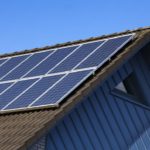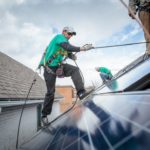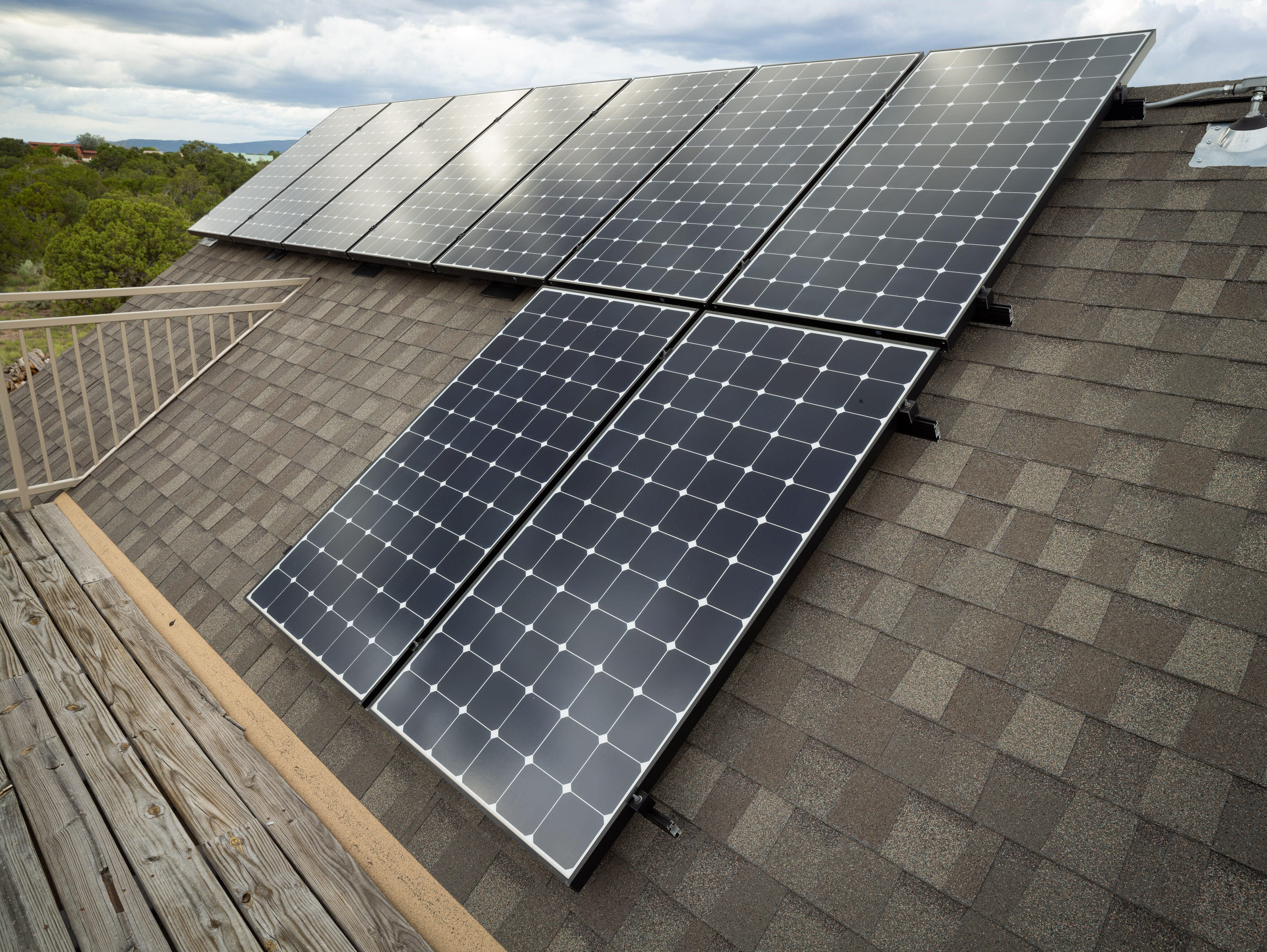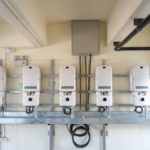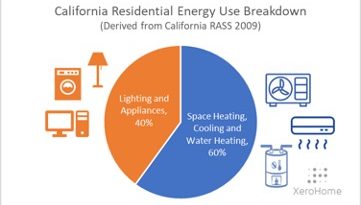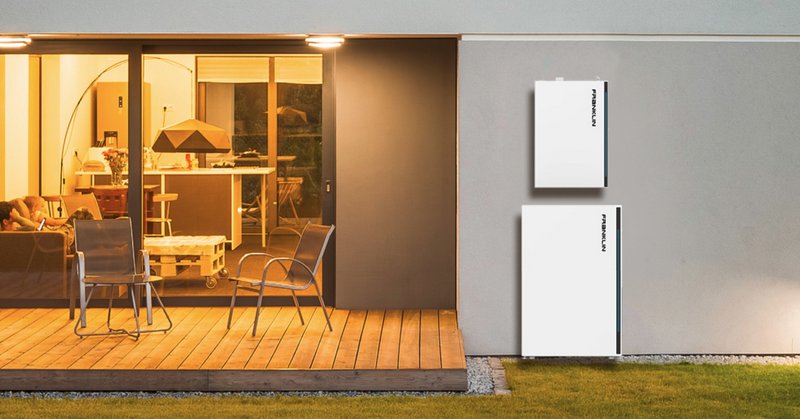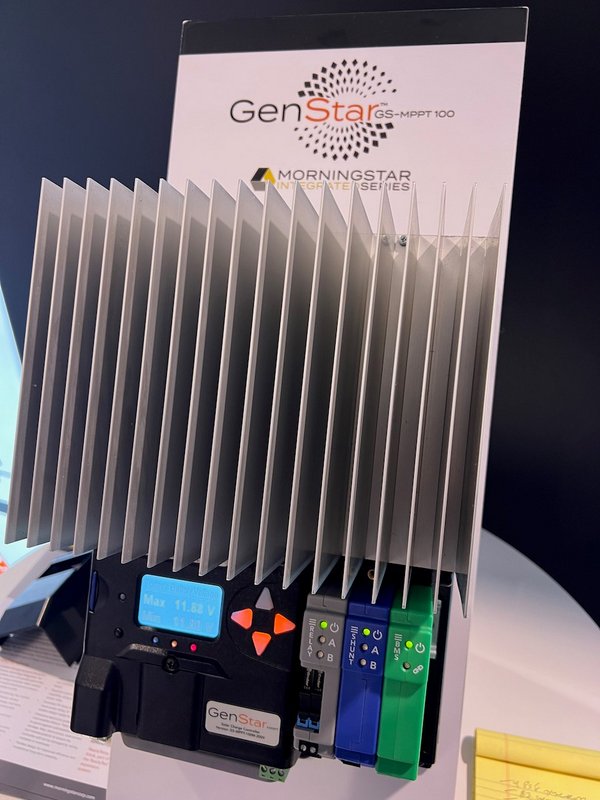Solar panel pros and cons: What you need to know before you buy – CNET
Energy Disrupter
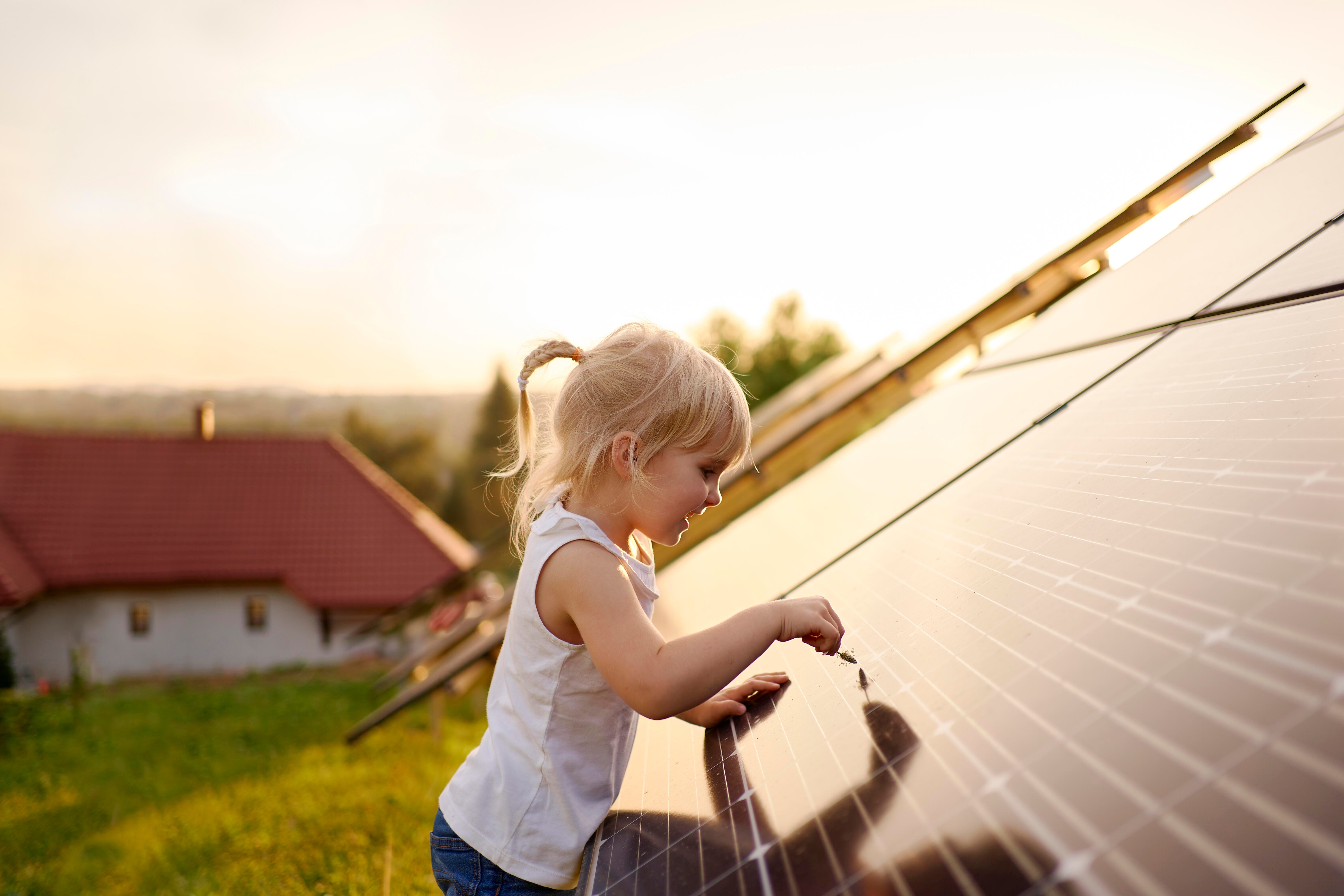
Solar panels provide emissions-free energy, reducing your carbon footprint. Their popularity skyrocketed in 2020 with a 43% increase in gigawatts compared to 2019. With countries adopting clean energy measures to slow the growing risks of climate change, it’s a wise time to consider adding solar panels to your home.
Our guide tackles the advantages and disadvantages of using solar panels so you can make the best possible decision.
Pros of solar panels
There are many benefits of solar panels. Here’s our list:
You gain some energy independence
Solar panels use photovoltaic cells to harness radiation from the sun. Once converted from a direct to an alternating current, the panels allow your home to use the energy. In turn, you gain an energy source independent from the utility company, saving you money relative to using traditional energy sources for all of your power needs.
You can earn more on your investment through the sale of offsets. Some states allow you to sell your excess energy back to utility companies, which must purchase some of their power from renewable energy sources.
Moreover, if your utility experiences a power outage, you can use the energy stored in solar panels to keep your home powered through the storm. Overall, solar panels give you a level of power stability and financial flexibility not found in traditional sources.
It is a cleaner energy source
By installing solar panels on your home, you have a green energy source that does not contaminate the environment with pollutants. Considering the alternative, where the electric power sector contributes up to 28% of all emissions nationwide, having solar energy leads to a much lower carbon footprint.
Solar panels improve your home’s value
The United States Department of Energy estimates solar panels add $15,000 of value to your home. It also notes that homes with solar technology can sell quicker than houses with traditional energy sources.
Cons of solar panels
There are also downsides to solar panels:
Solar panels are expensive
There are significant costs involved in installing solar panels on your home, with the average price running between $15,000 and $25,000. While these costs decrease every year, you still have to budget for contractors, permits, and the system price. However, there are ways to mitigate the upfront expense.
Consider financing or renting your solar panels. This allows you to break up the costs into more manageable monthly payments. If you lease solar panels, you can’t receive tax incentives. They go to the company providing the lease.
Furthermore, there are federal and state tax incentives to drive down costs. The Investment Tax Credit allows homeowners a one-time tax credit of 26% of the costs of the solar panels off their federal income tax. Many states also offer smaller bonuses for installing solar panels. Utilizing all of these can help offset some of those hefty upfront expenses.
Solar panels require the right environment
Your roof is a vital consideration when considering solar panels. If there is too much shade from trees or nearby buildings, it will not receive the adequate sunlight needed to harness power.
You also want to consider potential regulations in your neighborhood. If you live in an area with a homeowner’s association, you need to seek approval before installing a system. And it is not a guarantee they will allow you to have one. If you don’t have an HOA, you still should check with your city, as many require permits before work begins.
Other considerations
Solar panels offer many benefits, but they might not be practical in every instance with the high costs and red tape associated with installing them. Fortunately, there are other ways to receive the benefit of solar energy without the expense.
You can use portable solar chargers to power your cell phone and other electronics. They’re inexpensive to buy, and you’re not tethered to a wall while you wait for your device to charge.
Additionally, some areas use community solar. With community solar, multiple units share the same solar array and divide up the costs, saving you money on your energy bills without having to pay the entire price of solar panels.
Discover more about solar panels with these helpful guides.
Read more:
Original Source: https://www.cnet.com/home/energy-and-utilities/solar-panel-pros-and-cons-what-you-need-to-know-before-you-buy/




